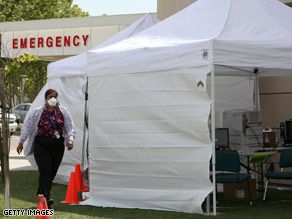Jun 9, 2009
Hack-Jet: Losing a commercial airliner in a networked world
Posted by Roderick Jones in categories: complex systems, counterterrorism, futurism
Hack-Jet
When there is a catastrophic loss of an aircraft in any circumstances, there are inevitably a host of questions raised about the safety and security of the aviation operation. The loss of Air France flight 447 off the coast of Brazil with little evidence upon which to work inevitably raises the level of speculation surrounding the fate of the flight. Large-scale incidents such as this create an enormous cloud of data, which has to be investigated in order to discover the pattern of events, which led to the loss (not helped when some of it may be two miles under the ocean surface). So far French authorities have been quick to rule out terrorism it has however, emerged that a bomb hoax against an Air France flight had been made the previous week flying a different route from Argentina. This currently does not seem to be linked and no terrorist group has claimed responsibility. Much of the speculation regarding the fate of the aircraft has focused on the effects of bad weather or a glitch in the While this may seem the stuff of fiction in January 2008 this broad topic was discussed due to the planned arrival of the
Continue reading “Hack-Jet: Losing a commercial airliner in a networked world” »
 A younger science than physics, biology is more linear and less exotic than its older sibling. Whereas physics is (mostly) elegant and symmetric, biology is lunging and ungainly, bound to the material and macroscopic. Its predictions are more specific, its theories less sweeping. And yet, in the end, the exploration of life is the frontier that matters the most. Life gives meaning to all elegant theories and contraptions, life is where the worlds of cosmology and ethics intersect.
A younger science than physics, biology is more linear and less exotic than its older sibling. Whereas physics is (mostly) elegant and symmetric, biology is lunging and ungainly, bound to the material and macroscopic. Its predictions are more specific, its theories less sweeping. And yet, in the end, the exploration of life is the frontier that matters the most. Life gives meaning to all elegant theories and contraptions, life is where the worlds of cosmology and ethics intersect.











